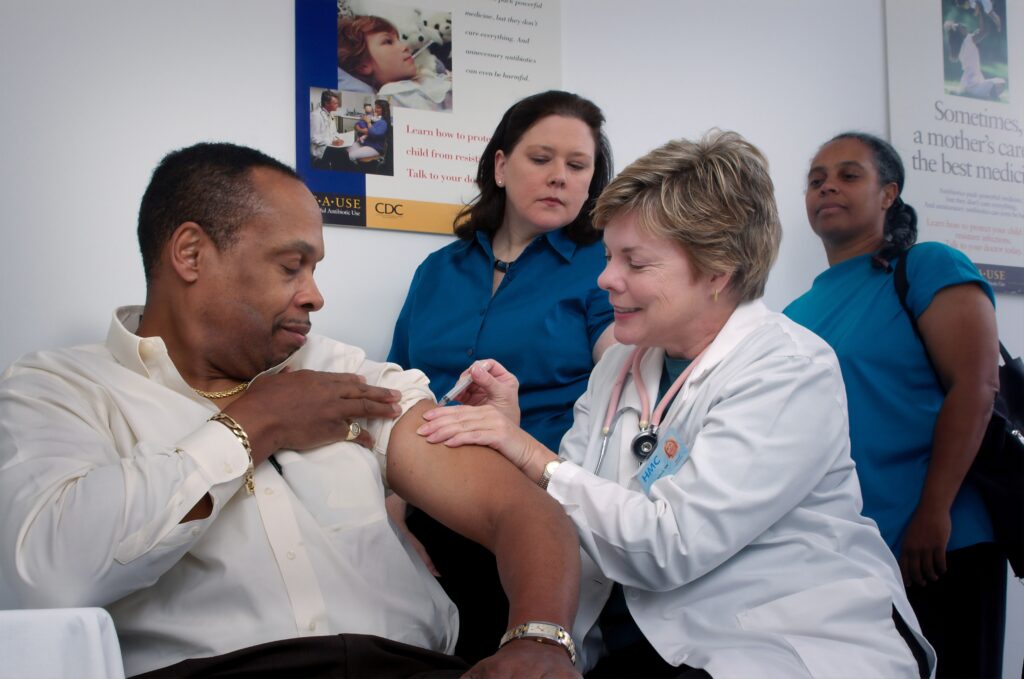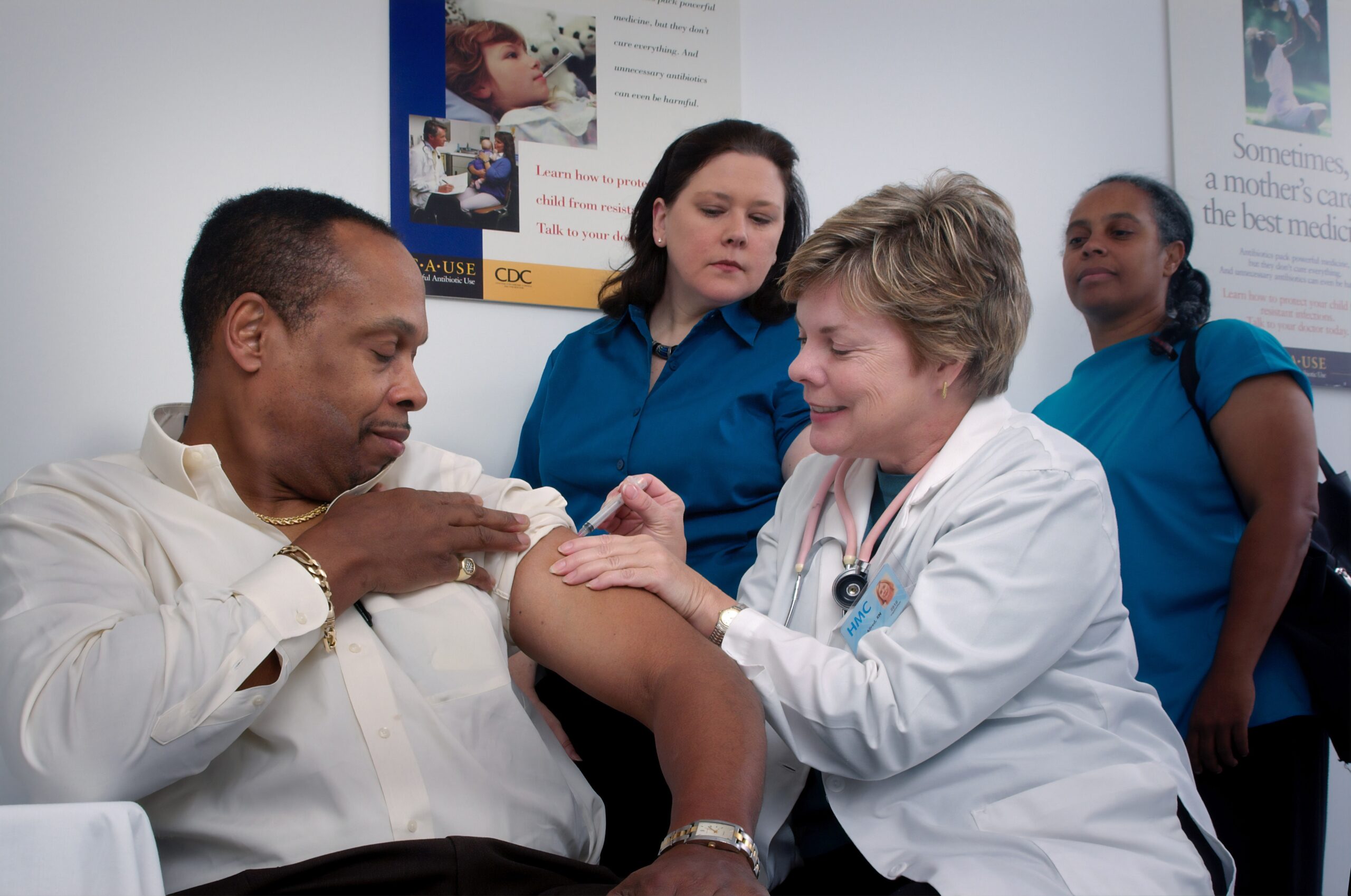As an Amazon Associate I earn from qualifying purchases.
In this article, we’ll discuss some key strategies to help you prevent hemorrhoids. You’ll learn about the importance of a healthy diet, regular exercise, and proper hygiene practices. We’ll also explore the role of fiber and water in preventing this uncomfortable condition. By the end of this article, you’ll have a better understanding of how to minimize the risk of developing hemorrhoids and improve your overall well-being.
Understanding Hemorrhoids
Overview of Hemorrhoids
Hemorrhoids, also known as piles, are swollen veins in the rectum and anus that can cause discomfort and pain. They can occur internally or externally and are a common condition that affects millions of people worldwide. While hemorrhoids are not usually a serious medical condition, they can be bothersome and impact the quality of life for those who suffer from them.
Causes of Hemorrhoids
the exact cause of hemorrhoids is not always clear, but there are several factors that can contribute to their development. These include:
- Straining during bowel movements
- Chronic constipation or diarrhea
- Sitting or standing for long periods of time
- Pregnancy and childbirth
- Obesity and excess weight
- Aging
- Genetics or family history
Symptoms of Hemorrhoids
The symptoms of hemorrhoids can vary depending on the location and severity of the condition. Some common symptoms include:
- Itching, irritation, or discomfort in the anal area
- Pain or discomfort during bowel movements
- Swelling or a lump around the anus
- Bleeding during bowel movements
- Leakage of feces
- Painful bowel movements
Importance of Prevention
Why Preventing Hemorrhoids is Vital
Preventing hemorrhoids is essential as it can help avoid the discomfort, pain, and inconvenience associated with this condition. By adopting key prevention strategies, you can reduce the likelihood of developing hemorrhoids and maintain good rectal health.
Impact of Untreated Hemorrhoids
If left untreated, hemorrhoids can worsen and lead to more severe complications such as:
- Thrombosis: Blood clots can form within the hemorrhoid, causing severe pain and swelling.
- Prolapse: Hemorrhoids can protrude outside the anal canal and become permanently prolapsed.
- Strangulation: When a prolapsed hemorrhoid becomes trapped outside the anus, it can cut off the blood supply and result in tissue death.
- Anemia: Chronic bleeding from hemorrhoids can potentially lead to anemia, a condition characterized by low red blood cell count.
- Infection: Scratching or irritation of hemorrhoids can introduce bacteria, leading to infections in the anal area.
Benefits of Hemorrhoid Prevention
By implementing hemorrhoid prevention strategies, you can experience various benefits, including:
- Reduced risk of developing hemorrhoids
- Relief from discomfort, pain, and itching
- Improved overall rectal health
- Better quality of life and well-being
- Avoidance of invasive medical treatments or surgeries
- Cost savings from avoiding medical interventions

Maintaining a Healthy Lifestyle
Balanced Diet and High-Fiber Foods
Eating a balanced diet that is high in fiber is crucial for preventing hemorrhoids. Fiber promotes regular bowel movements and prevents constipation, which is a significant risk factor for hemorrhoids. Some fiber-rich foods include fruits, vegetables, whole grains, legumes, and nuts.
Importance of Hydration
Proper hydration is essential for maintaining good bowel health and preventing constipation. Drinking an adequate amount of water can help soften the stool, making it easier to pass and preventing the strain on the rectal area that can lead to hemorrhoids.
Regular Exercise and Physical Activity
Engaging in regular exercise and physical activity helps promote healthy bowel movements by improving digestion and preventing constipation. Exercise also helps maintain a healthy weight, which is another crucial factor in hemorrhoid prevention.
Avoiding Strain on the Rectal Area
Proper Bathroom Habits
Avoiding excessive straining during bowel movements is key to preventing hemorrhoids. To achieve this, it’s important to establish a regular bowel movement routine and respond to the body’s natural urges. Taking enough time during bathroom visits and avoiding rushing can also reduce the risk of straining.
Avoiding Prolonged Sitting or Standing
Prolonged sitting or standing can put additional pressure on the rectal area and contribute to the formation of hemorrhoids. It’s important to take breaks and engage in movement throughout the day to relieve this pressure and improve circulation.
Using Proper Lifting Techniques
When lifting heavy objects, it’s crucial to use proper techniques to avoid strain on the rectal area. Lifting with your legs and not your back, using your core muscles, and avoiding sudden or jerky movements can help prevent the development of hemorrhoids.

Managing Weight and Obesity
Effects of Excess Weight on Hemorrhoids
Excess weight and obesity can increase the risk of developing hemorrhoids due to the increased pressure on the rectal area. Maintaining a healthy weight can reduce this pressure and lower the risk of hemorrhoids.
Tips for Healthy Weight Management
To manage weight effectively, it’s important to maintain a balanced diet and engage in regular physical activity. Incorporating more fruits, vegetables, lean proteins, and whole grains into your diet while limiting processed foods and sugary drinks can contribute to healthy weight management.
Maintaining Proper Bowel Movements
Establishing a Routine
Establishing a regular bowel movement routine can help prevent constipation and reduce the risk of hemorrhoids. It’s important to listen to the body’s natural urges and respond promptly.
Avoiding Constipation
To prevent constipation, it’s essential to eat a fiber-rich diet, stay hydrated, and engage in regular exercise. Additionally, avoiding or limiting foods that can contribute to constipation, such as processed foods and those high in fats, can help maintain proper bowel movements.
Preventing Diarrhea
While preventing diarrhea may not seem related to hemorrhoid prevention, it is crucial. Diarrhea can lead to irritation in the anal area, which can worsen existing hemorrhoids or contribute to the development of new ones. Good hygiene practices and avoiding foods or substances that can trigger diarrhea can help prevent this condition.

Utilizing Natural Remedies
Beneficial Herbs and Supplements
Some herbs and supplements can be helpful in preventing hemorrhoids or providing relief from symptoms. Witch hazel, aloe vera, and psyllium husk are commonly used natural remedies that can soothe the anal area, reduce inflammation, and promote regular bowel movements. However, it’s important to consult with a healthcare professional before using any herbal or dietary supplements.
Soothing Topical Applications
Applying soothing topical creams or ointments to the anal area can provide temporary relief from itchiness and discomfort caused by hemorrhoids. Over-the-counter products containing ingredients like hydrocortisone or witch hazel can be beneficial, but once again, it’s important to consult with a healthcare professional for guidance.
Proper Hygiene Practices
Gentle Cleansing of Anal Area
Maintaining proper hygiene of the anal area is essential for preventing infections and reducing irritation. It’s important to gently clean the area after bowel movements using mild, fragrance-free soap and warm water. Avoid using harsh or perfumed products, as they can further irritate the sensitive skin.
Use of Soft Toilet Paper
Using soft toilet paper or moistened wipes can help avoid further irritation in the anal area. Rough or scented toilet paper can cause additional discomfort and worsen existing hemorrhoids.
Avoiding Strong Chemicals or Perfumes
Strong chemicals, perfumes, or dyes found in soaps, detergents, or personal care products can irritate the anal area and potentially worsen hemorrhoids. Opting for fragrance-free, hypoallergenic, and gentle products can help maintain proper hygiene without causing additional irritation.
Medical Interventions for Prevention
Consultation with a Healthcare Professional
If hemorrhoid prevention strategies are not effective or if you experience severe symptoms, it’s important to consult with a healthcare professional. They can provide a proper diagnosis, recommend suitable treatment options, and offer advice specific to your situation.
Recommendations for Medications or Treatments
Depending on the severity of your hemorrhoids, a healthcare professional may recommend medications, such as topical creams or suppositories, to provide relief from symptoms. In some cases, more invasive treatments, such as rubber band ligation or surgery, may be necessary.
Conclusion
Incorporating key strategies for hemorrhoid prevention into your daily life can make a significant difference in maintaining good rectal health and preventing the discomfort associated with this condition. By Understanding the causes and symptoms of hemorrhoids, focusing on a healthy lifestyle, avoiding strain on the rectal area, managing weight, maintaining proper bowel movements, utilizing natural remedies, practicing proper hygiene, and seeking medical interventions when necessary, you can take control of your rectal health and reduce the risk of hemorrhoids. Remember, consistency and persistence are key in successfully preventing hemorrhoids and enjoying a better quality of life.
Amazon and the Amazon logo are trademarks of Amazon.com, Inc, or its affiliates.
